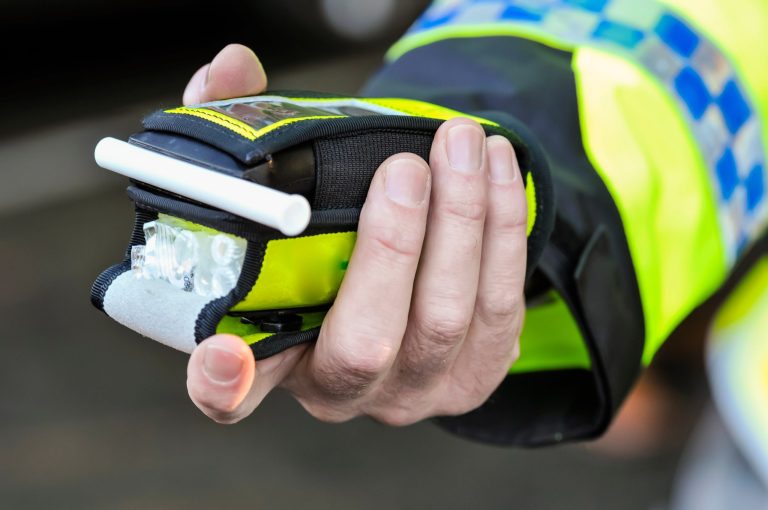Home » Legal Insights » Drink driving in Queensland
As we all know, it is illegal to drink-drive in Australia, however, it is not always easy to understand what the alcohol limits are, or how to deal with a drink driving charge.
In Queensland, Learner, Provisional and Probationary Licence holders must have a zero blood/breath alcohol concentration (BAC) limit, meaning that you are breaking the law if you drive with any alcohol in your system. Drivers who hold an open licence must have a BAC lower than 0.05, otherwise, you are considered to be driving over the “legal limit”.
There are 4 different types of alcohol limits that are used by the court when determining penalties for those who are found guilty of a drink driving offence, those limits are as follows:
- No alcohol limit – a BAC of more than 0.0
- General alcohol limit – a BAC equal to or more than 0.05
- Middle alcohol limit – a BAC equal to or more than 0.10
- High alcohol limit – a BAC equal to or more than 0.15
Generally speaking, the higher the BAC reading, the more serious the punishment (otherwise known as “penalties”) will be. It is always important to seek legal advice if you are charged with a drink driving offence so that you can obtain advice about:
- the type of offence(s) you have been charged with;
- the potential penalties you may face;
- the disqualification period that will be imposed on your licence and when it will commence;
- your obligation to participate in a drink driving course;
- whether you will be required to participate in the Alcohol Ignition Interlock Program
- whether you are eligible to apply for a restricted licence (otherwise known as a “work licence”); and
- protecting your rights and interests.
If you are charged with a drink driving offence, your licence will be immediately suspended for 24 hours, meaning that you are not legally permitted to drive for that period.
If you are charged with a mid or high alcohol limit (0.10 BAC and over), then your driver licence will immediately be suspended until your drink driving matter is finalised in court.
Once you are formally charged, police will issue you a number of documents, examples include:
- Notice to Appear – this contains details of the charge and when you are required to appear in court.
- Notice of Suspension or Disqualification – explains whether your licence is suspended for 24 hours or immediately until your matter is finalised in court.
- Breath Analysis Certificate – details the date, place and time of the offence and the formal reading of your BAC.
Prior to, or at, your first court date, we recommend obtaining a copy of the QP9 (a court brief prepared by police prosecutions) which describes the offence you have been charged with, an outline of the facts that police allege constitutes the offence, your traffic and criminal history (if any), and a copy of the breath analysis certificate.
It is important that you have an opportunity to read or go through, the QP9 with your lawyer, to ensure that the facts contained are correct. If you elect to plead guilty to the drink driving charge, then you are essentially telling the court that you accept all the facts stated in the QP9 and that you are guilty of the offence.
Myths
There are a number of common misconceptions people have in relation to drinking and driving after having spent the night drinking, examples include:
- I can’t be charged for drink driving if I am “sleeping it off” in my car;
- If I have a big drink of water, eat greasy food or pop a fresh mint in my mouth, this will reduce or hide the alcohol concentration in my system, therefore making it okay to drive home;
- I will be under the limit if I wait until early the next morning to drive;
- I can’t be charged for drink driving if I’m in my car on my driveway or just sitting in the driver’s seat charging my phone;
- I can’t be charged for drink driving if I’m on an electric scooter; or
- My BAC will be under 0.05 if I keep to drinking one standard drink per hour.
Conclusion
If you have been charged with drink driving, please get in touch with our WGC Lawyer April McLaughlin on (07) 4046 1172.
Further information can be found here:
https://www.qld.gov.au/transport/safety/road-safety/drink-driving/charged
